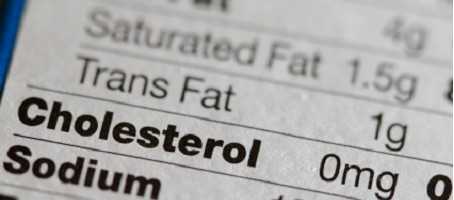Dietary advice for people with diabetes should be similar to that offered to the general public, according to a recent German study.
Researchers from the Department of Epidemiology at the German Institute of Human Nutrition Postadm-Rehbruecke, Nuthetal, Germany, examined whether links between lifestyle factors and mortality risk differ between people with and without diabetes.
Using computer modelling, the scientists explored the association of mortality with a range of lifestyle factors (body mass index, waist/height ratio, alcohol consumptio, physical activity, smoking, 26 food groups and leisure-time) in 6,384 diabetic and 258,911 non-diabetic participants from the European Prospective Investigation into Cancer Nutrition (EPIC) study.
They found that overall mortality rates were 62% higher in the diabetes cohort compared to those without the disease (control group).
Intake of fruit, vegetables and a range of other food groups such as nuts, seeds, pasta and poultry were tied to a lower mortality risk, while comparison of butter and margarine was linked to an increased risk of death. While the strength of the relationships was different for those with diabetes versus those without, the associations were in the same direction in each case
Furthermore, no differences in the associations between other lifestyle factors, including alcohol consumptio, adiposity, physical activity and smoking, and mortality risk were found.
In a press release, the authors concluded: “It appears that the intake of some food groups are more beneficial (fruits, legumes, nuts, seeds, pasta, poultry, vegetable oil) or more detrimental (soft drinks, butter, margarine, cake, cookies) with respect to mortality risk in people with diabetes.
“This may indicate that individuals with diabetes may benefit more from a healthy diet than people without diabetes. However, since the directions of association were generally the samen, recommendations for a healthy diet should be similar for people with or without diabetes.”
The study findings appear online in the journal Diabetologia.
What's new on the forum? ⭐️
Get our free newsletters
Stay up to date with the latest news, research and breakthroughs.






